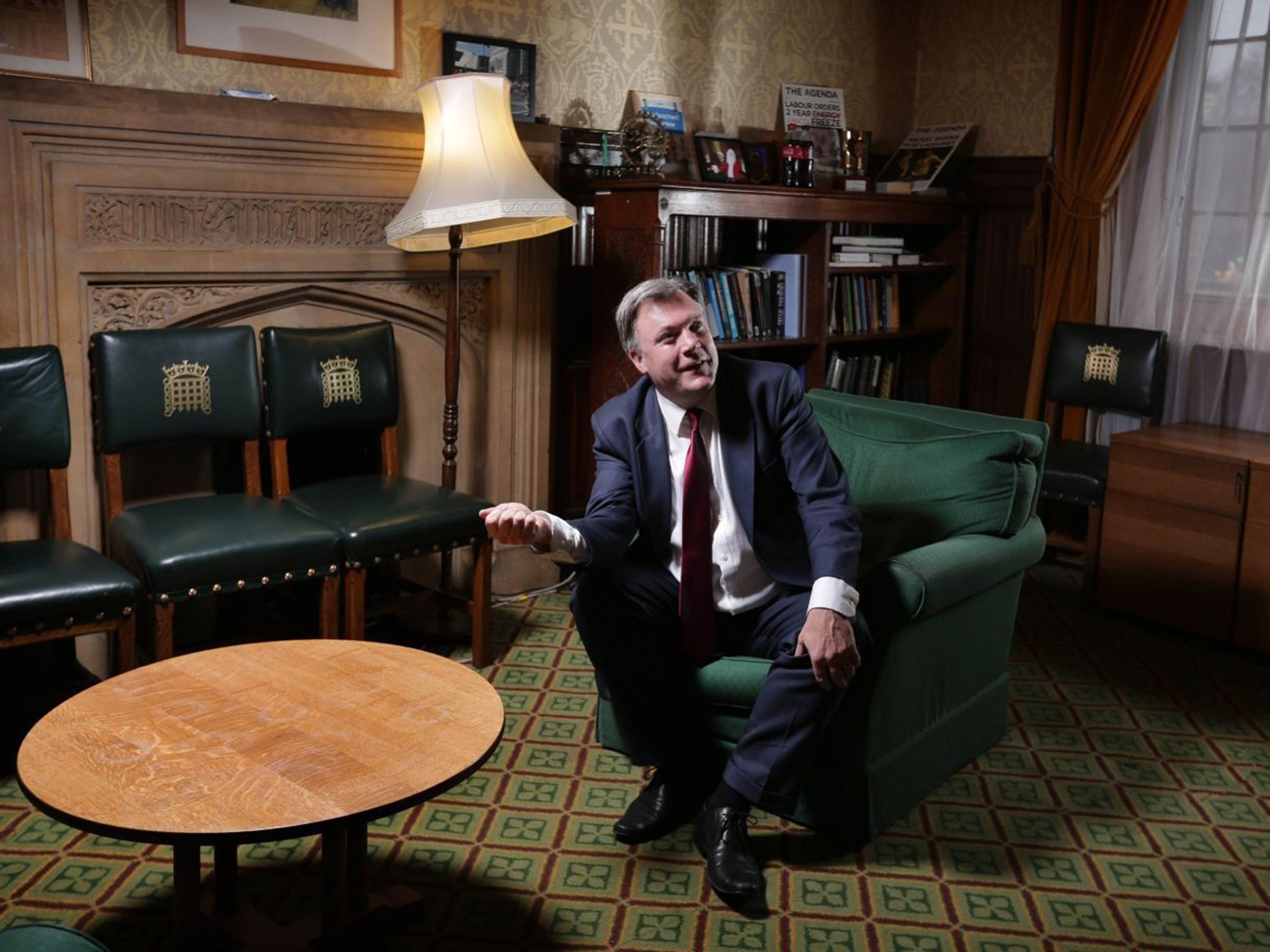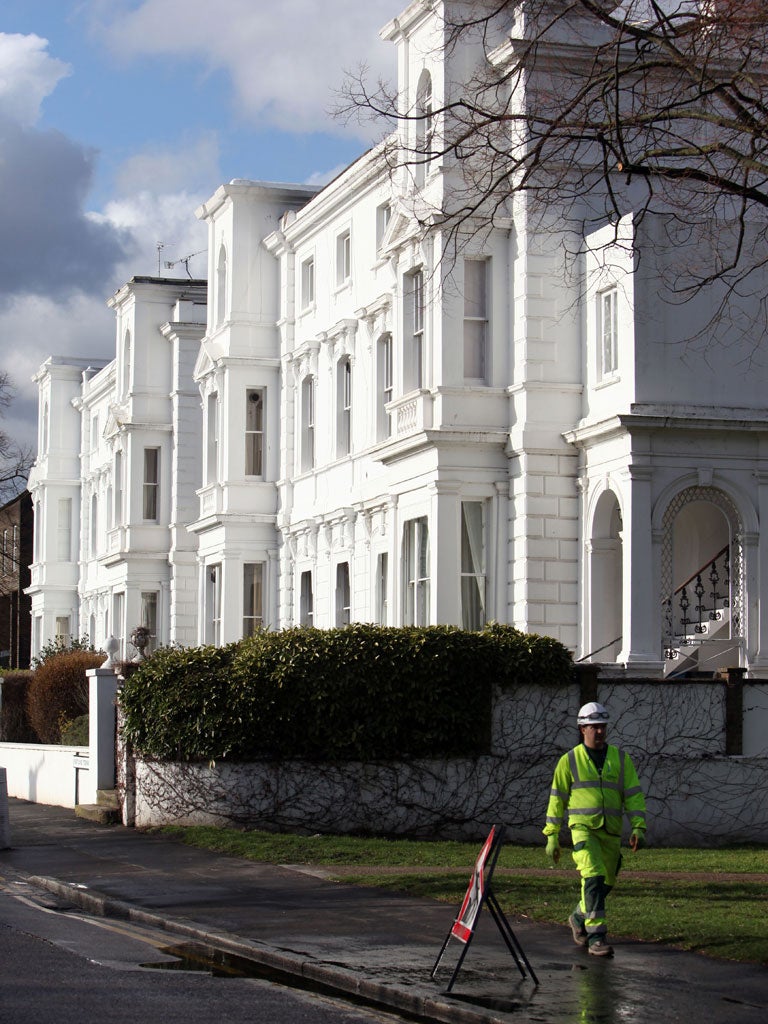Ed Balls: Labour government would fast-track the mansion tax
Shadow Chancellor brings controversial proposal to top of Labour’s ‘to do’ list

Your support helps us to tell the story
From reproductive rights to climate change to Big Tech, The Independent is on the ground when the story is developing. Whether it's investigating the financials of Elon Musk's pro-Trump PAC or producing our latest documentary, 'The A Word', which shines a light on the American women fighting for reproductive rights, we know how important it is to parse out the facts from the messaging.
At such a critical moment in US history, we need reporters on the ground. Your donation allows us to keep sending journalists to speak to both sides of the story.
The Independent is trusted by Americans across the entire political spectrum. And unlike many other quality news outlets, we choose not to lock Americans out of our reporting and analysis with paywalls. We believe quality journalism should be available to everyone, paid for by those who can afford it.
Your support makes all the difference.Imposing a mansion tax on homes worth more than £2m would be one of the first acts of an incoming Labour government next May, Ed Balls has revealed.
In an interview with The Independent, the shadow Chancellor said he hoped that the 100,000 people with the most expensive properties would start to pay the levy in the 2015-16 financial year, even though that starts a month before the May general election.
Mr Balls disclosed that work on introducing the mansion tax would start on “day one” of a Labour administration. The tax would be included in his first Budget so the £1.2bn a year it would raise could be injected immediately into the NHS. He has asked the Treasury to start preparations before the election.
“Saving the NHS will be at the heart of our first Budget,” he said. “I would like to see that revenue coming in in the first year of a Labour government, before the end of the financial year. We will have to see the practicalities.”
Mr Balls denied this would amount to retrospective legislation: “A charge is paid in that [financial] year on the valuation on a date in that year. We will be clear what we are going to do in our manifesto. No one will have any doubt about our intentions.”
He recalled that in 1997, the incoming Blair Government imposed a £5bn windfall tax on the privatised utilities seven months after a May election.
His announcement is designed to answer claims that the mansion tax revenue would be delayed, jeopardising Labour’s pledge to spend £2.5bn more on the NHS than the Conservatives. The rest would come from a levy on tobacco firms and reducing tax avoidance by hedge funds.
Mr Balls, a former Treasury special adviser and minister, believed the Treasury is already working on the mansion tax, in line with normal Whitehall pre-election preparations.
“I am sure that the Treasury will be gearing up to make sure we can deliver this,” he said. “As a backstop, we will legislate for the mansion tax to start in the following financial year, 2016-17.”

Labour’s mansion tax will be about £3,000 year for homes in £2m-£3m bracket, with a higher charge for more expensive properties. Mr Balls said nobody whose house was worth less than £2m today would pay it, because the starting point would be raised. To answer criticism that the levy would hit pensioners in expensive homes, he said only those on the 40p higher income tax rate would have to pay it. Others could defer it until when the property was sold or they died.
Householders would have to disclose their property’s value on their income tax return. HM Revenue & Customs would carry out checks but if a person obtained an independent valuation, HMRC would not “second guess” it, Mr Balls said.
The shadow Chancellor said Labour’s tax would build on George Osborne’s 15 per cent levy on “enveloped” properties worth more than £500,000 bought by a company rather than an individual. HMRC would replicate that system for people who owned properties worth more than £2m. Mr Balls argued that building on an existing system would be “a more straightforward proposition”.
He decided not to change the “mansion tax” name coined by the Liberal Democrats, who support a similar charge. He said David Cameron had failed to prevent “ending the spare room subsidy” being called the “bedroom tax” and Margaret Thatcher had not stopped her “community charge” being known as the “poll tax”.
Join our commenting forum
Join thought-provoking conversations, follow other Independent readers and see their replies
Comments